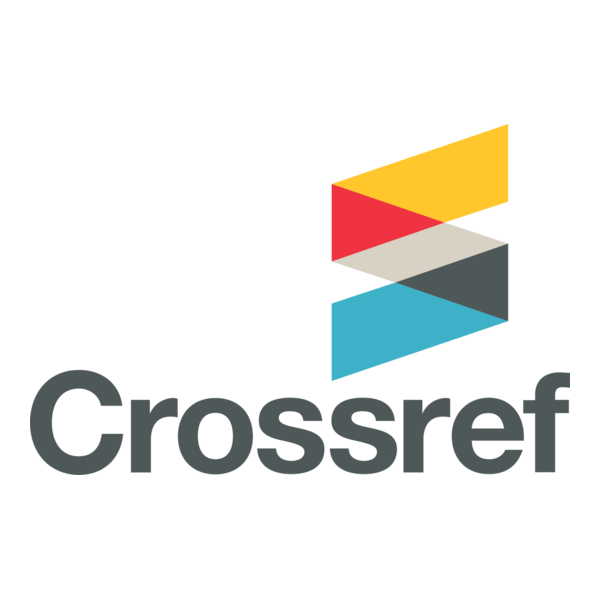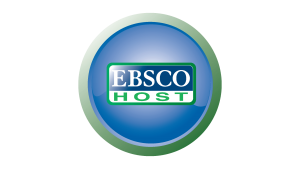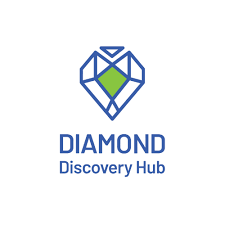Impact of a Detox Diet paradigm in Weight Management
Ključne besede:
paradigm, health, life-style, body weight, detox diet, detoxificationPovzetek
Research Question: The main Research Question concerns the attitudes of the respondents about the “detox” diet. The term detoxification as a concept is not considered as new but its application has known a drift starting from religious point of view in terms of purification and redemption to therapeutically characteristic in treating alcohol or drug addiction until its new relevance in treating obesity and reducing fat. This new paradigm has been used in health and wellness centres by dieticians and practitioners to overcome the failure of traditional diet programs.
Purpose: The purpose of the study is to define, present and qualify the “detox” concept or paradigm and to investigate the attitudes of the respondents towards the “detox” concept as a diet method.
Method: Participants in the study are divided into two groups; the group that already used “detox” and the group that have not yet used “detox” diet. The two groups are asked the same questions which are designed to measure their attitudes regarding “detox” diet. For this purpose, a quantitative analysis is conducted using descriptive statistical non-parametric method Chi-Square.
Results: There is no significant difference of attitudes toward a detox diet between the users and non-users of it (p >0.05).
The results of the study show that detox diet is not something appealing for the ones who went through it although they admit that it is an effective method to lose weight and get healthy. The same approach sounds to be seductive for the patients who didn’t try it before in order to get healthy without specifying the right time to follow such diet.
Organization: The results of the study emphasises the need of organizations who provide “detox” diet, to present it to the potential customers and to point out its positive effects on the health of the people, who use it.
Society: Study results emphasise the social responsibility of the providers of “detox” and the administrative authorities, to motivate and support the research on the “detox” diet, and its positive and negative effects on the health of the population. The stakeholder in a society, who take care of the health of the population, should rise the question of physical fitness and the healthy life style of the people.
Originality: The main value of this research study is to address the meaning of the healthy life style of the people and the means like “detox” diet to exercise it.
Limitations: The patients who were investigated in the study are all adults and considered as healthy with no remarkable illness. Yet, the participants of the group that has experienced detoxification cooperated in a diet voluntarily or upon the recommendation of the dietitian.
Further research: To overcome the debate between positive support and side effects claims, there should be tangible indicators like testing methods in the process of determining the main markers of intoxication and their relation with stubborn fat as well as the connection between the concentration of toxins decline in the blood and the level of metabolism and percentage of fat to prevail over the approach limitations. Measuring the toxins concentration and comparing them before and after detox diets adjust the research from being assuming to scientifically proven one. Further research should address the relation between the healthy life style and the need to use the models like “detox” diet to achieve it.
Dodatne datoteke
Objavljeno
Kako citirati
Številka
Rubrike
Licenca

To delo je licencirano pod Creative Commons Priznanje avtorstva-Deljenje pod enakimi 4.0 mednarodno licenco.
![]()








